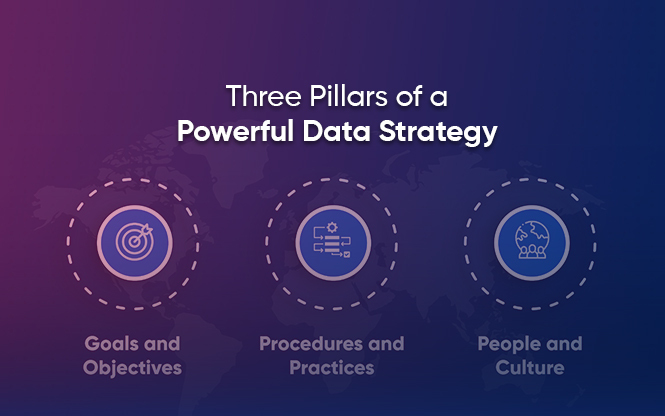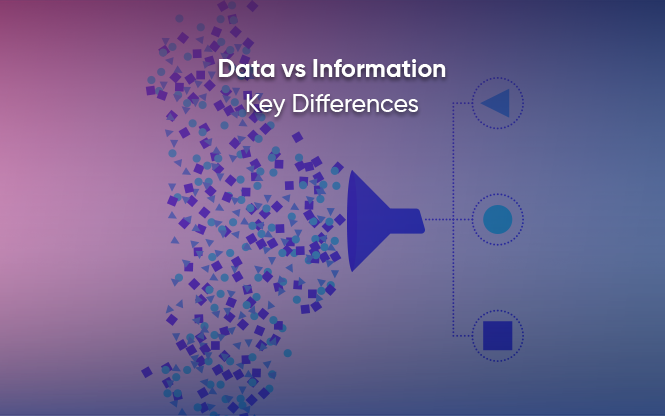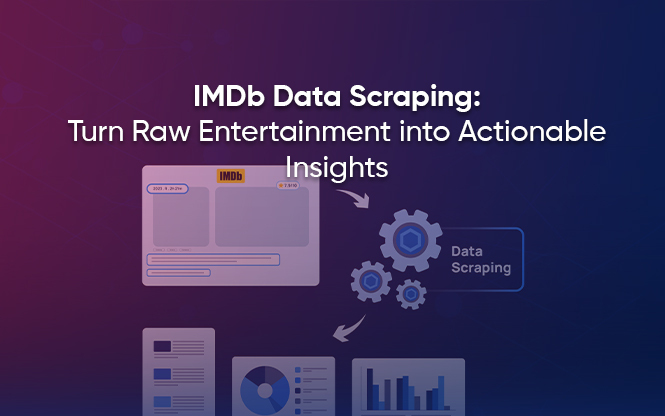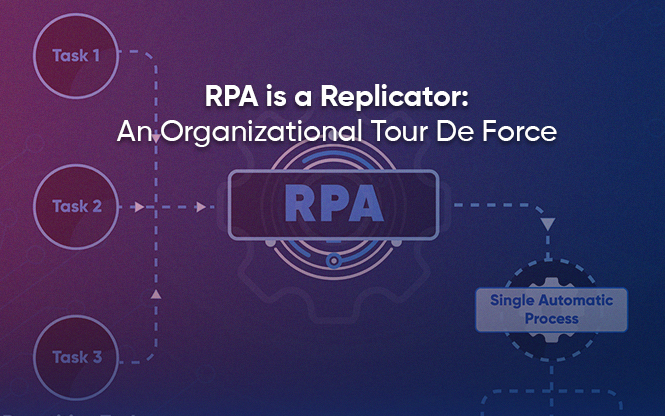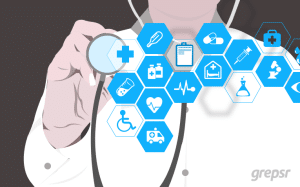
Soon, wearable biomedical sensors are going to be the new gadgets of the post-smartphone era. They will keep track of your body temperature, blood pressure, blood glucose level, respiratory rate, heart rate, and everything else you need to know about your body. More importantly, they will communicate with your personal physician, and update their EHR system with your health report.
Personalized Healthcare: It’s all about Data
While many of the innovative technologies are already in use in the healthcare industry today, major breakthroughs are expected to happen in personalized and patient-centric healthcare and telemedicine in the next few years with the growing integration of wearable devices and data science.
In the age of personalization revolution accelerated by datafication, the whole healthcare system is expected to go through colossal transformation. Wearable technologies—the fashion gadgets of the digital era—are expected to boost the personalized diagnosis and treatment system, providing vital statistical information about an individual’s health conditions.
As a result, medicine and medical treatment would be customized for meeting the needs of the individual patients. The expansion of personalized healthcare will provide greater freedom to the patients. Like the customers of any other commodity, they will have a wide range of medical services to choose from.
What makes the personalized medicine both distinct and revolutionary is its comprehensive understanding of the individual patients to the level of genome sequencing in the context of a wide variety of their clinical and behavioral data.
Personalization places the biological traits and behavioral patterns of the patients at the center of the traditional dynamics of disease and medication for developing a better understanding about what treatments work effectively and what do not in the specific case. In the cases of genetically-determined health conditions, it provides a specially customized treatment to address those conditions.

Big Data Means Better Healthcare
Data science also has equally bigger implications when it comes to collective healthcare. Healthcare industry has produced petabytes of clinical data both in trail and practice which has become a vital source of information in understanding and tackling diseases.
The use of various data tapping tools—from mobile apps to advanced telemetry receivers—have now enabled medical scientists to gather a big amount of useful and actionable clinical data from around the world. They have become more equipped to compare and analyze the data in relation to the outbreak or development of diseases and to share their findings with other medical researchers and healthcare providers.
Collaborating with the data scientists, medical scientists are now able to develop graphs and maps of the diseases and make more accurate forecasts about the epidemics before they break out. Big data and computer-enabled simulation have been highly instrumental in taking preemptive measures for saving life and financial costs.
Most importantly, if personalized and patient-centric medication is an important step forward for providing need-based healthcare to the individual patients, it is also crucial for gathering insightful clinical data that can contribute to the specific-to-general and and general-to-specific understanding of pathogens, diseases, genetic variables and health and fitness conditions and thereby to streamline diagnostic and therapeutic procedures.
Collaboration Opportunities
Like many other service industries, healthcare industry has moved from scarce data to excessive data. Medical science is a heavily data-dependent field which has been experiencing the steady increase in the maintenance and management costs due to the contributions of data science in healthcare.
Effective crawling and archiving of the relevant research data from the data repositories across the medical disciplines is an important step from which medical facilities and research institutes can derive better insights for increasing cost-effectiveness, agility, and service quality. Getting the reliable clinical research, trail, or practice data from the existing data pool can save the services from having to repeat the whole process all over again.
According to McKinsey Global Institute, the effective use of Big Data can save over $300 billion worth of expenditure annually in the US healthcare sector alone.
It is said that biomedical informatics, that is expected to work with predictive model when it is fully developed, is still in its infancy. With the growing technologies and telemedicine trends, hospitals and research centers today rely on the expertise of the medical and IT experts overseas. Grepsr, for example, receives various kinds of data management jobs from medical and research institutes across the world.
It is becoming quite obvious that the promise of affordable and efficient healthcare is going to come from the integration of wearable technologies; genomic, clinical, and behavioral data; data science and patient- centric medicine in which independent data management companies like Grepsr will have an important role to play.

Data in other industries:





